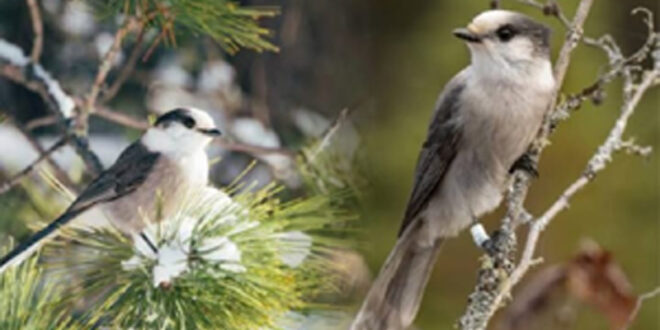In an era marked by increasing environmental concerns, technology gadgets are emerging as valuable tools in the pursuit of biodiversity conservation across Africa.
In an era marked by increasing environmental concerns, technology gadgets are emerging as valuable tools in the pursuit of biodiversity conservation across Africa.
From remote tracking devices to data collection sensors, these innovative gadgets are revolutionizing the way conservationists and researchers approach the preservation of Africa’s rich and diverse ecosystems.
In the vast landscapes of Africa, where diverse species inhabit remote and challenging environments, tracking and monitoring wildlife has traditionally been a labor-intensive and time-consuming task.
However, with the advent of cutting-edge technology, conservationists are now able to utilize GPS-enabled collars and tags to monitor the movements and behaviors of endangered species more accurately.
Professor Samuel Osei, Environmental Scientist says: “Technology gadgets such as drones and tracking devices provide unprecedented opportunities for studying and protecting wildlife in Africa.
The ability to remotely monitor species, detect illegal activities, and assess habitat health is invaluable for conservation efforts. We must harness the power of these gadgets and ensure that the data collected is effectively used to inform conservation strategies.”
For instance, in Kenya’s Maasai Mara National Reserve, conservationists have employed advanced tracking devices to monitor the migratory patterns of wildebeests and zebras. These devices provide real-time data on the animals’ movements, allowing conservationists to identify critical habitats, migration routes, and potential threats more effectively. Such insights are instrumental in developing conservation strategies and facilitating the preservation of key wildlife corridors.
Moreover, drones equipped with high-resolution cameras and thermal imaging technology have proven to be invaluable in wildlife monitoring efforts.
Conservation organizations across Africa are utilizing these aerial devices to conduct aerial surveys, detect and deter poaching activities, and monitor hard-to-reach areas. Drones provide a cost-effective and non-intrusive method for monitoring wildlife populations, enabling conservationists to gather data on population density, behavior patterns, and habitat health.
In addition to wildlife-focused gadgets, technology is also playing a pivotal role in empowering local communities to participate actively in biodiversity conservation.
Mobile apps and digital platforms are being developed to engage citizens in reporting and monitoring wildlife sightings, invasive species, and illegal activities. These community-driven initiatives foster a sense of stewardship among local populations, encouraging them to actively protect their natural heritage.
One notable example is the “eBird” app, which has gained popularity among birdwatching enthusiasts and researchers across Africa. This smartphone application allows users to document and share bird observations, contributing to global citizen science efforts while generating valuable data for conservation planning.
Furthermore, data collection sensors and monitoring devices are being deployed to assess the health of ecosystems and monitor environmental changes.
Soil moisture sensors, weather stations, and water quality monitoring gadgets are aiding in understanding the impacts of climate change and pollution on biodiversity. This data-driven approach helps identify vulnerable areas and implement targeted conservation interventions.
While technology gadgets offer immense potential for biodiversity conservation in Africa, experts emphasize the need for robust data management systems and partnerships between conservation organizations, researchers, and local communities. Ensuring that collected data is properly analyzed and shared is crucial for evidence-based decision-making and effective conservation strategies.
As Africa continues to face environmental challenges, the integration of technology gadgets into conservation efforts brings hope for the preservation of its unique ecosystems and wildlife.
By harnessing the power of innovation, Africa can navigate the complex landscape of biodiversity conservation and work towards a sustainable future that safeguards its natural heritage for generations to come.
 Unmanned Aerial Vehicle The latest drone news
Unmanned Aerial Vehicle The latest drone news




